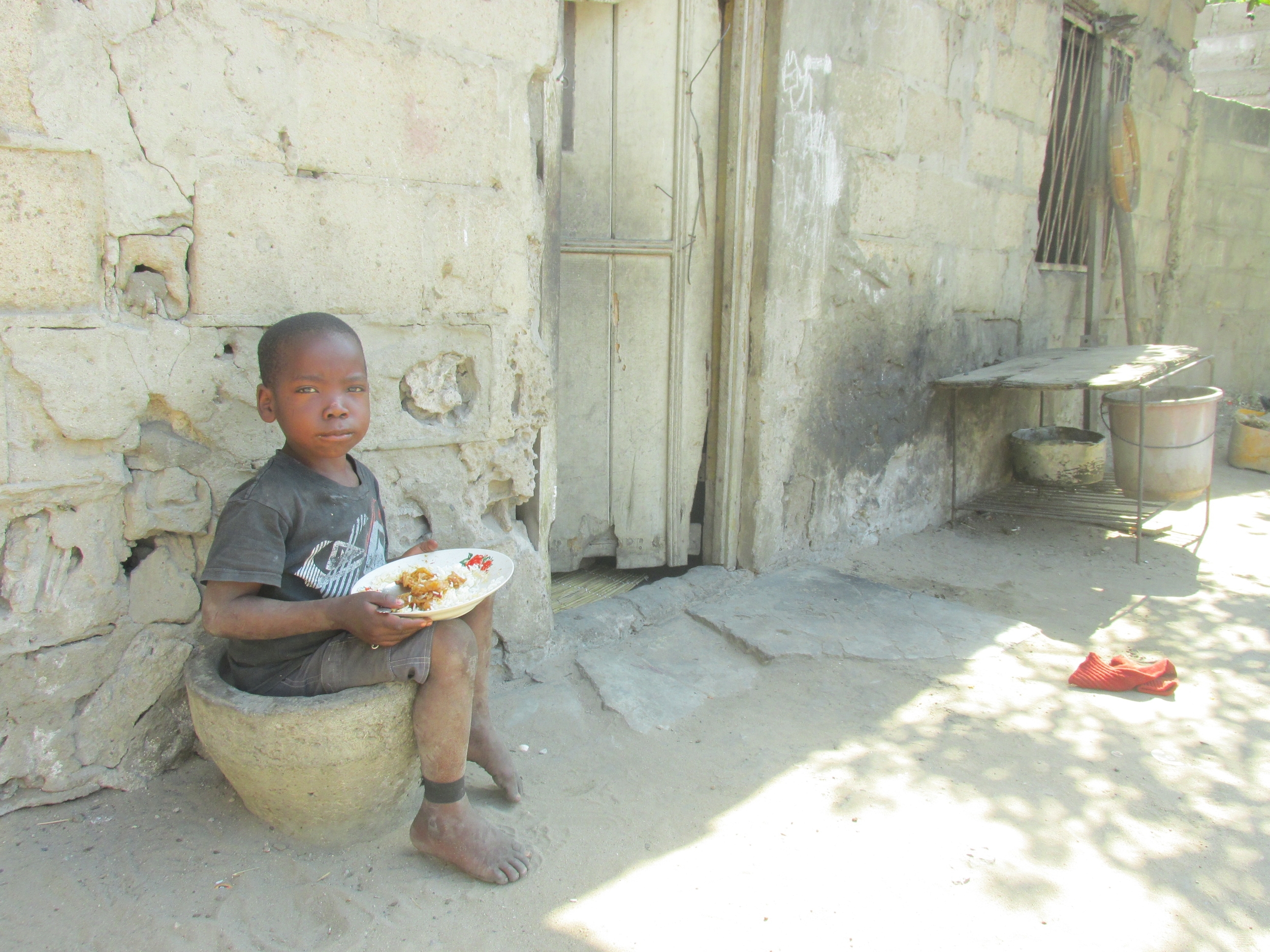
Partner Story: Meninos de Moçambique
Partner Story: Meninos de Moçambique
Although many are taken in by relatives, the large number of orphans means that some are left with no alternative but to live on the streets. The reality of street life for most of these children is not only a daily struggle to find food and shelter. Living on the streets also renders children particularly vulnerable to drug use and prostitution. As a result, street children run a very high risk of HIV infection.
Meninos de Moçambique works to turn around the lives of the street children of Maputo. Since 2007 Egmont has funded activities aimed at reducing the children’s chances of HIV infection by providing shelter and access to medical treatment; providing older children with a means of supporting themselves through vocational training; and where possible reuniting children with their families.
We were taken by Abdul Faquir, Meninos’ Executive Director, to meet some of the young people they have successfully helped transition away from a life on the streets. In Luis Cabral, Maputo’s poorest district, we met Gabrielle and her two young boys. Gabrielle came to the attention of Meninos on the streets of Maputo in 2013. Meninos enrolled her on an Egmont funded hair and beauty training course, and counselled her through her HIV diagnosis. With their help, Gabrielle set up a small beauty salon business. She is now able to support her two young children and is saving up to send them to school when they are old enough. In the meantime, Gabrielle is paying for night-classes to catch up on the schooling she missed when she was living on the streets.
The work of Meninos is clearly making a difference in Maputo. There has been a reduction in the number of permanent street children they work with – down to under 200 from over 300 in 2013. But the discovery of offshore oil and gas reserves in 2012 has changed life on the streets of Maputo. Chinese investment has led to a surge of foreign construction workers in the capital, leading more children from vulnerable families at the outskirts of Maputo to become ‘weekend’ street children, travelling in to engage in transactional sex as a means of making money to support their families.
Faquir told us that Meninos is adapting its work to this changing landscape. They no longer just focus on supporting children off the streets, but are actively trying to reduce the numbers turning to street-life in the first place. They are now going out into the communities and addressing the source of the problem. Meninos is working with families to enroll children in vocational training and increase their access to micro-credit, helping them to establish businesses.
This sustainable approach has been recognised by the Director of Social Services in Maputo, Angelina Lubrino, who also regards Meninos as a model for the interaction between government and local grassroots organisations. She praised Egmont for enabling Meninos, as the partner with full knowledge of the issues facing street children, to drive the response ‘as they know best.’
This story appeared in the Winter 2014 Newsletter.
Some names and identifying details have been changed to protect the privacy of individuals. Often, photos are purely illustrative and do not represent the individuals portrayed.